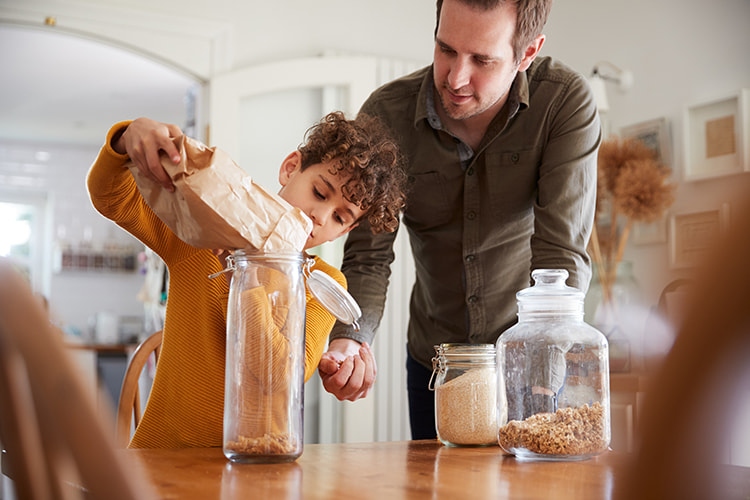
As environmental concerns continue to grow, more people are looking for ways to minimize their impact on the planet. While reducing your carbon footprint is a great start, adopting a zero-waste lifestyle takes sustainability to the next level. Zero waste isn’t just about reducing trash—it’s about rethinking consumption and finding more sustainable living methods. It’s not as difficult as it might seem, and the rewards are well worth the effort.
What Is Zero Waste?
Zero waste means striving to eliminate the production of trash by making intentional choices in your daily life. People pursue this lifestyle for various reasons:
- Environmental Concerns: Protecting the planet and reducing the strain on landfills.
- Health Benefits: Avoiding single-use plastics and chemical-laden products.
- Future Generations: Creating a sustainable world for our children and grandchildren.
Transitioning to a zero-waste lifestyle may require some changes at first, but over time it becomes second nature, bringing clarity and fulfillment to your daily routines.
Getting Started
It’s tempting to buy new items to set up an ideal zero-waste environment, but true zero-waste starts with using what you already have. Instead of focusing on perfection, take small, manageable steps:
- Repair and Reuse: Mend clothing, fix household items and repurpose materials to extend their life.
- Opt for Secondhand: Shop for pre-loved goods through thrift stores, online platforms, or community swaps. These items often come at a fraction of the cost and keep products out of landfills.
- DIY Projects: Make your own cleaning products, knit accessories, or even build simple furniture. You’ll gain a sense of accomplishment and often create higher-quality items than store-bought alternatives.
- Reduce Purchases: While zero waste doesn’t mean minimalism, decluttering your life can help you focus on essentials and reduce waste.
- Use Reusable Bags: Invest in durable shopping bags and wash them regularly. Eliminating single-use plastics is a small but impactful change.
Simple Tips for Living Zero Waste
Ready to go deeper? These practical tips can help you integrate zero-waste principles into your lifestyle:
Start a Garden
- Even a small container garden on a balcony can reduce your reliance on packaged foods, reduce food waste, and provide fresh, organic produce.
Plan Your Meals
- Creating a weekly meal plan helps avoid impulse buys and reduces the need for takeout, which often comes with excessive packaging. Stick to your plan to save money and minimize waste.
Practice the Three R’s: Reduce, Reuse, Recycle
- Keep this mantra in mind When shopping, disposing of items, or planning for the future. Prioritize reducing consumption, reusing items, and recycling responsibly.
Eliminate Single-Use Items
- Replace disposable items like paper towels, water bottles, and coffee cups with reusable alternatives. Carry your own utensils and containers when eating out.
Compost
- Composting food scraps reduces organic waste and enriches your garden soil, completing a natural waste cycle.
Final Thoughts
Transitioning to a zero-waste lifestyle is a journey, not a destination. While the initial changes may seem daunting, they quickly become part of your daily habits. Start small—use what you have, embrace secondhand items, and focus on reducing your consumption. Over time, you’ll find the zero-waste lifestyle benefits the environment and brings clarity, creativity, and satisfaction to your life. No matter how small, every step contributes to a more sustainable future.